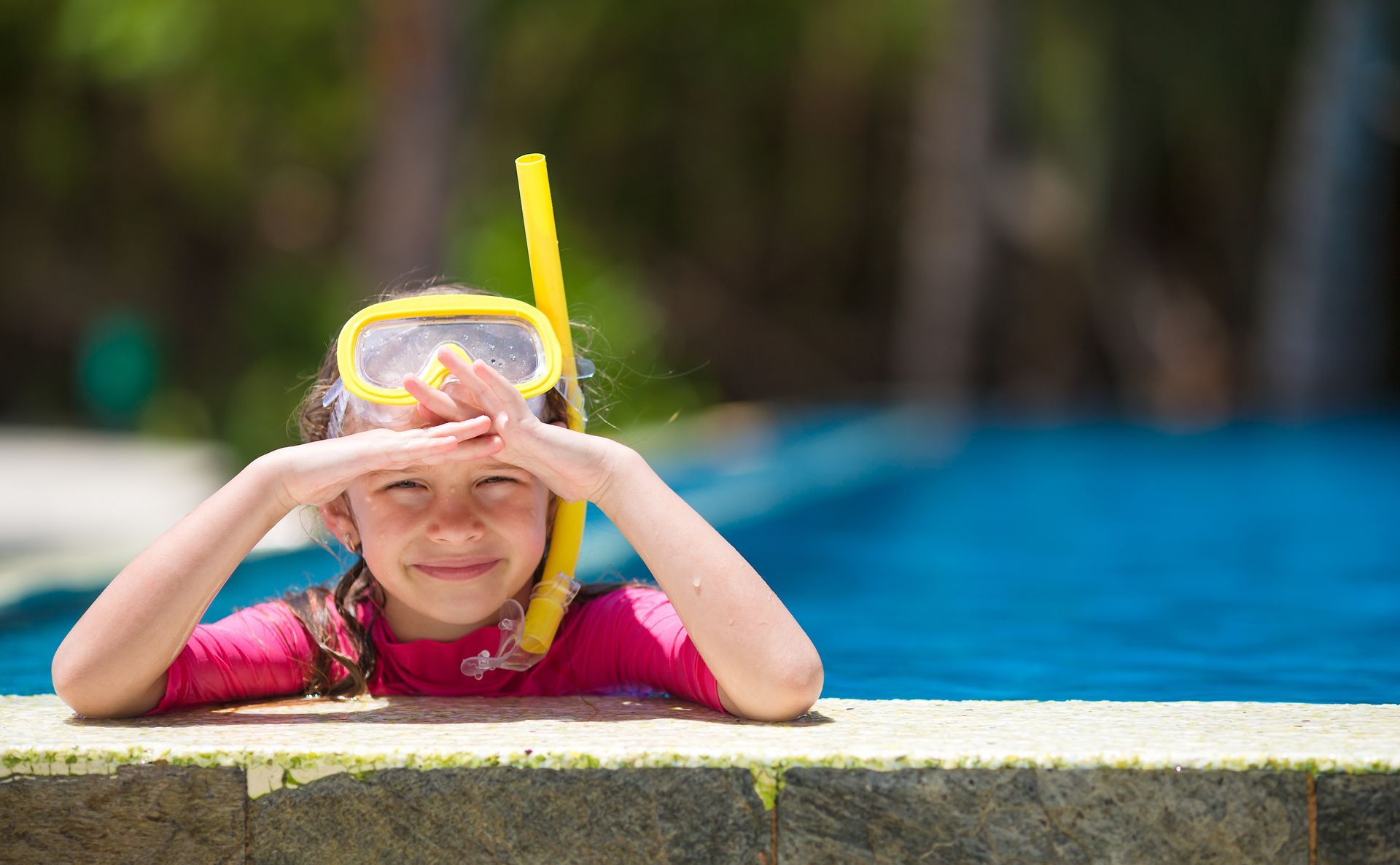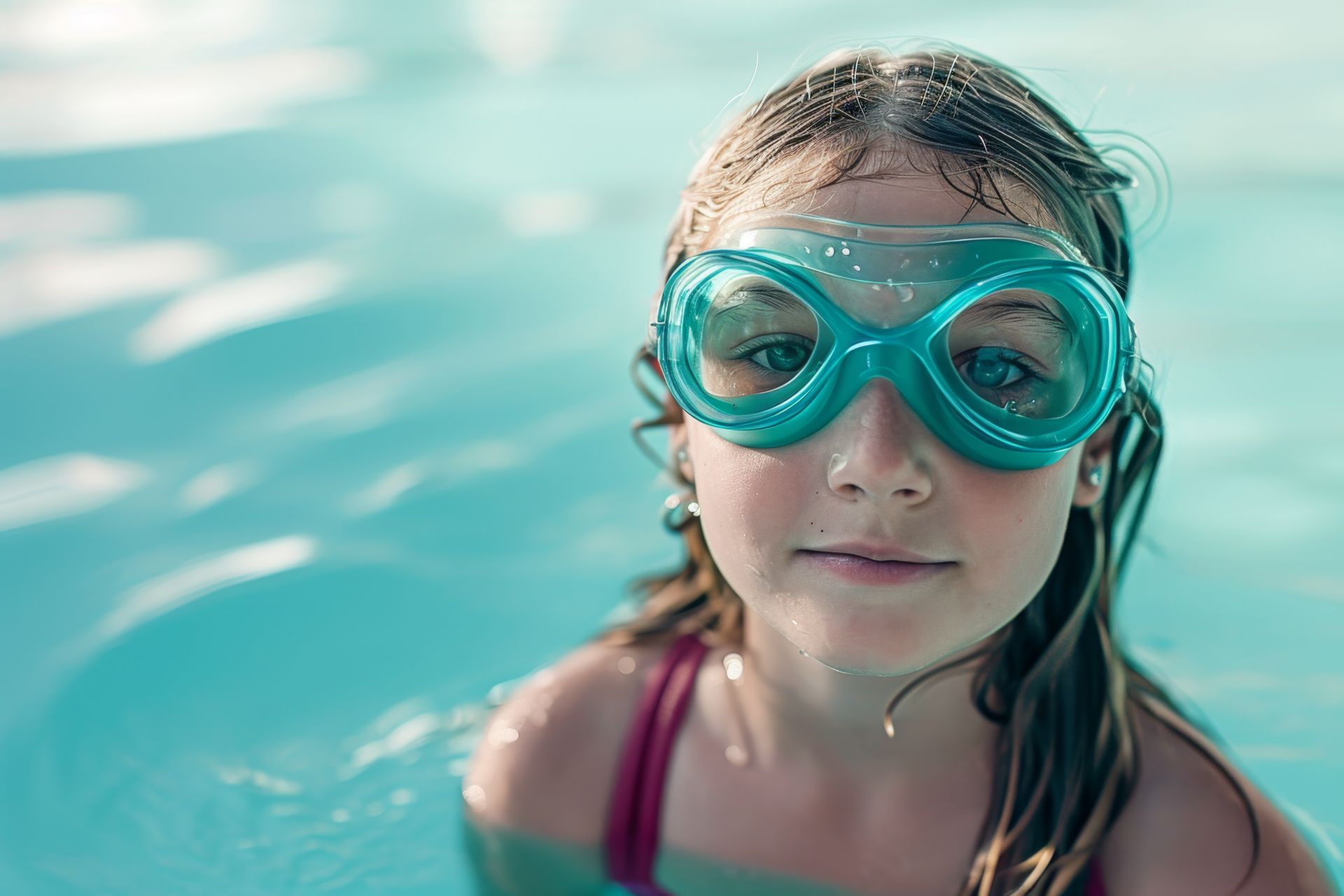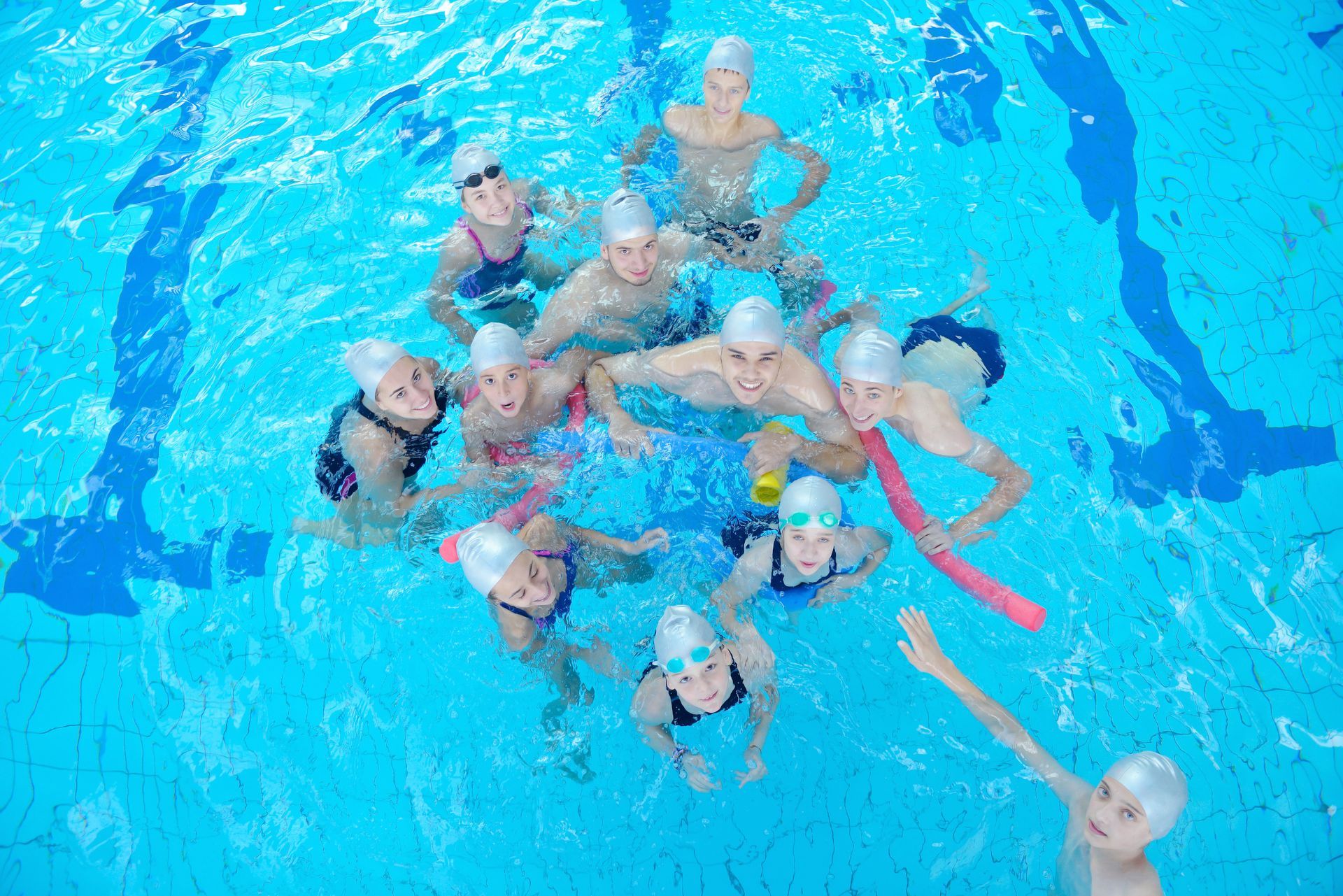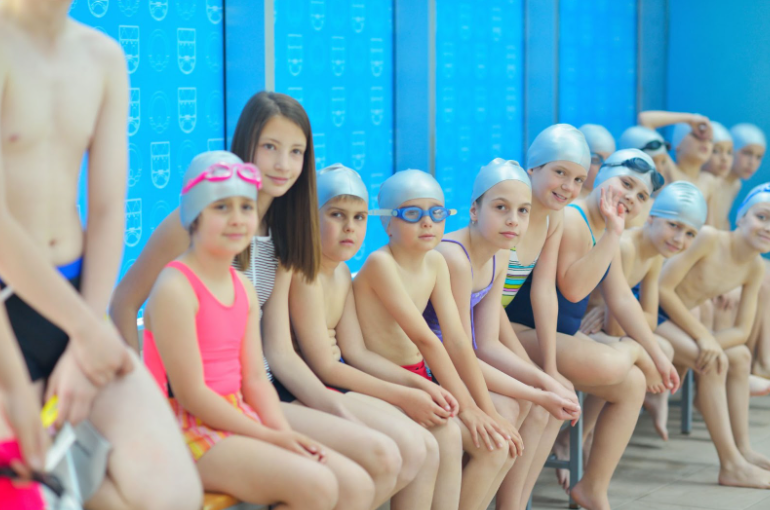Swim Skills Mastery: Essential Drills for Youngsters
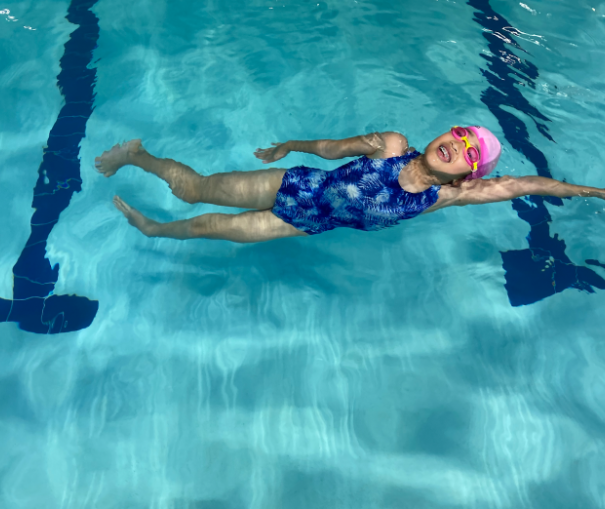
At the heart of developing proficient swimmers lies a series of exercises known as beginner swim drills. These drills are designed to deconstruct complex swimming motions into manageable parts, allowing new swimmers to focus on mastering one element at a time. Specifically, these drills target the essential skills that form the foundation of all swimming techniques. Through carefully constructed activities, novice swimmers in cities like New York and Houston learn to navigate the water efficiently and safely, which is central to the services provided by SwimJim, Inc.
Drills play a pivotal role in the acquisition of basic swimming skills. They are structured to provide repetitive practice of key movements such as kicking, stroking, and turning, which are core components of swimming. Repetition is essential as it instills muscle memory, allowing the body to perform these actions with ease over time. Additionally, swim drills are integral in building water confidence. They gradually introduce swimmers to the aquatic environment, teaching them to be comfortable and competent in the water—a crucial step toward becoming self-assured swimmers.
The Psychology Behind Confidence in the Water
Becoming confident in the water is as much a psychological journey as it is a physical one. Water familiarization is the introductory phase where new swimmers, especially the young ones in SwimJim’s programs, get accustomed to being in the pool. This phase is fundamental for building trust in the buoyant properties of water and in their own abilities.
Fear can be a significant barrier to learning how to swim. To overcome this, swim drills are used to introduce repetitive practice. This consistency helps mitigate fear by providing predictable and controlled experiences that lead to the mastery of skills. The psychological effect of this practice is profound; each successful repetition serves as positive reinforcement, contributing to a decrease in anxiety and an increase in confidence. Rather than being fearful, swimmers start relating their pool time with a sense of accomplishment as they observe their progress.
Fundamental Swim Skills Reinforced Through Drills
One of the most crucial skills reinforced through drills is breath control. Proper breathing techniques are essential for endurance and performance in the water. Beginner drills often involve activities that teach rhythmic breathing, such as blowing bubbles in the water, which is fundamental to ensure swimmers do not run out of breath while swimming.
Another skill that is honed through drills is the streamline body position. This position reduces water resistance and allows for greater swimming efficiency. Drills that emphasize the importance of a straight, tight body position help swimmers learn to glide through the water with minimal drag. This position is generally introduced early in the learning process and reinforced through various swim drills.
Kick and pull coordination is another pillar of swimming that drills address. These exercises train the legs for powerful kicking and the arms for precise pulling, teaching the body to work in harmony for more effective swimming. In addition, buoyancy and balance are vital elements that beginner swimmers must grasp. Drills often involve floating exercises that help swimmers understand their body’s natural buoyancy, and learn to control their stability in the water.
Mastering these core skills is crucial for new learners in settings like SwimJim, Inc., where the focus is on skillful and safe swimming, crucial for thriving in aquatic environments in New York and Houston alike.
The Role of Repetition and Consistency
Much like learning a musical instrument or a new language, acquiring swimming skills comes down to the principles of repetition and consistency. Repetitive swim drills help to solidify swim technique, turning complex movements into something that feels second nature. When swimmers repeatedly practice a skill, they develop muscle memory, which allows for the effortless execution of swimming strokes.
The long-term benefits of consistent practice extend beyond the mechanics of swimming; it instills discipline, perseverance, and an appreciation for incremental progress, which is relevant not just in New York or Houston, but anywhere where swimming is practiced. Expert opinions in the fields of swimming coaching and sports psychology affirm that regular, purposeful practice leads to a marked improvement in swimming proficiency, with muscle memory playing a key role in this development.
Beginner Drills that Make Proficient Swimmers
Some of the most effective beginner drills include the paddleboard kick, which is essential for building leg strength and propulsion. This foundational exercise helps to establish a powerful kick, crucial for overall swimming speed and efficiency.
Wall push-offs are another drill designed for beginners, teaching them how to execute explosive starts and turns. This skill is indispensable for anyone looking to pursue competitive swimming or simply improve their lap times. Floating drills are also a part of the beginner curriculum, focusing on balance and core engagement, which are necessary for maintaining a streamlined position in the water. Regular acknowledgment of accomplishments and setting progressive goals keep swimmers motivated and focused on their journey to proficiency.
Cultivating a Positive Learning Environment
Instructors play a vital role in creating a supportive and encouraging learning environment. Their ability to recognize and celebrate small victories helps to foster a sense of achievement in swimmers. Moreover, being part of a peer group that is supportive can significantly affect an individual’s persistence and enjoyment of the learning process.
Swim lessons that are enjoyable and integrate fun elements can dramatically increase a swimmer’s engagement and willingness to learn. This approach is central to fostering a love for the sport and a desire to improve.
Addressing Common Concerns and Misconceptions
There are several misunderstandings surrounding beginner swim drills, such as the belief that they are too complex or unnecessary for new swimmers. Contrary to these myths, drills are specially designed to be age-appropriate and conducive to skill development. Parental concerns about pushing children too hard are also common. However, by following guidelines set by child swimming experts, parents can be reassured that swim drills, when properly administered, are tailored to each swimmer’s capabilities and developmental stage. Patience and allowing for individual growth rates are key in this process.
Practical Tips for Parents Supporting Young Swimmers
For parents, playing an active role in their child’s swimming journey can be quite beneficial. Encouraging practice outside of formal lessons and offering emotional support can significantly enhance a young swimmer’s development. Sharing success stories can serve as strong motivation for children learning to swim, instilling a belief that they, too, can achieve their goals in the water.
Ready to watch your child dive into success with confidence? SwimJim, Inc. offers expert swim programs that emphasize skill development and water safety. Our beginner drills are crafted to build proficiency in the water, turning your young swimmer into a self-assured and capable individual. Join us and be part of a swimming journey that’s both effective and enjoyable. Enroll today and make a splash in our swimming community in New York and Texas.
The post Swim Skills Mastery: Essential Drills for Youngsters appeared first on Swim Jim.
